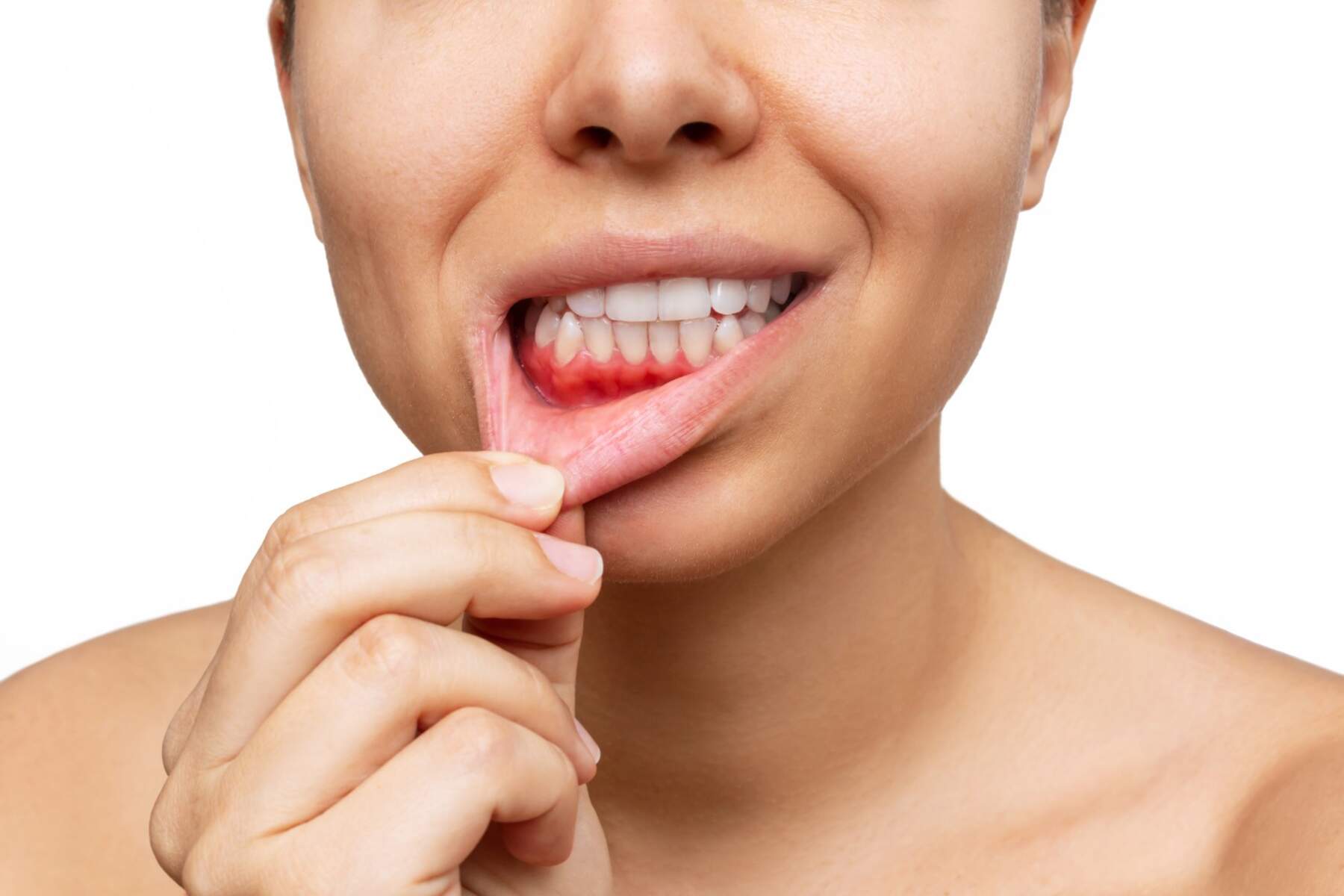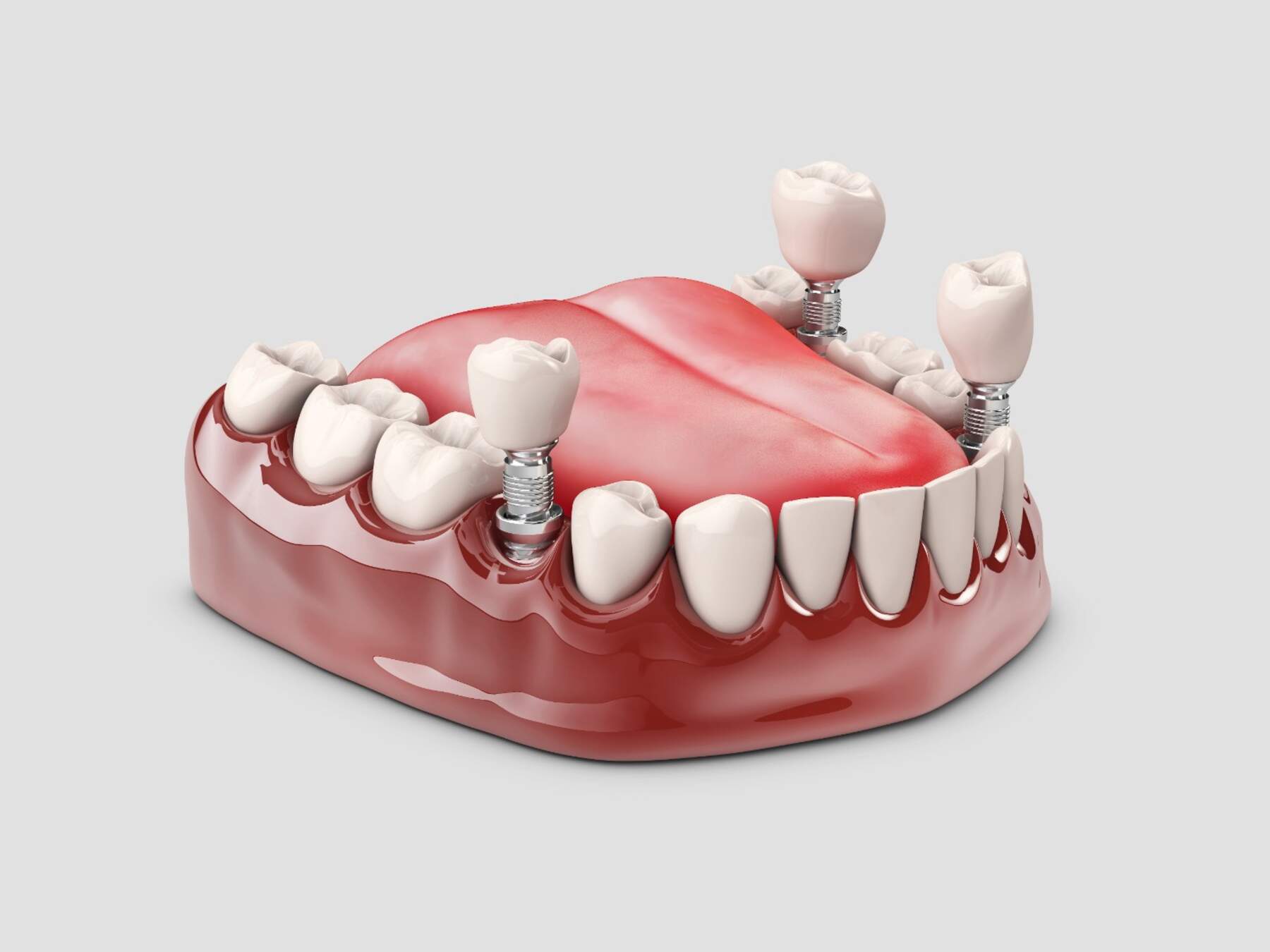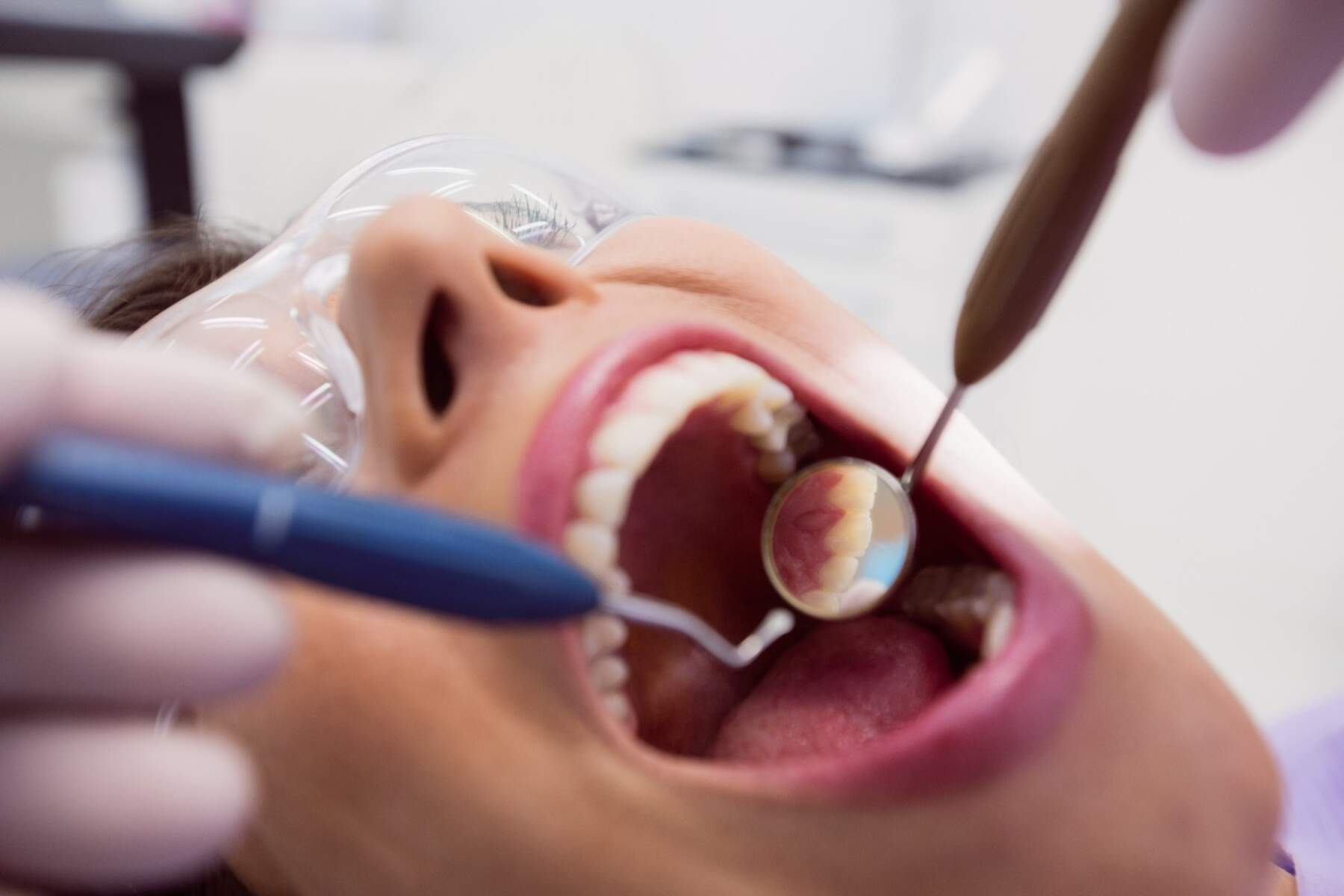Oral cancer is a type of cancer that, as a general rule, is found in the oral cavity. Oral cancer refers to a cancer that develops in any of the parts that form the oral cavity. Parts like those are, such as:
- Lips
- Gums
- Tongue
- Inner lining of the cheeks
- Palate
- Oral cavity / floor of mouth (under the tongue)
Keep reading and learn more about the symptoms, causes and treatment of oral cancer.

What is Oral Cancer?
Oral cancer appears when the cells of the human body proliferate uncontrollably and rapidly at the same time. The cells of the human body divide to produce other new cells only when it is required in order to keep the human body healthy. If the division is made for no reason, there are excess cells which result in tumor formation.
Oral cancer has the ability to cause metastasis through the lymphatic system. 70 percent of cancers that occur in the mouth, pharynx as well as esophagus are affected by smoking or alcohol. The disease commonly appears in people that are over the age of 40 years old. However, in recent years, the age group of people that are experiencing this disease is shrinking. At the present time, it refers relatively often, to people who are around the age of 30 years old.

Oral Cancer: What are the Symptoms of Oral Cancer?
The most common symptoms of oral cancer, include the following ones:
- A sore on the lip, or in the mouth – when you can detect that it does not heal
- A white, or red patch on the gums, tongue, or oral mucosa
- A lump on the lip, or in the mouth
- Unusual bleeding, pain, or numbness in the mouth area
- Swelling of the jaw, or throat
- Ear pain
- Pain, difficulty swallowing, or chewing
Each person separately, that experiences oral cancer, can have different symptoms and some of the symptoms of oral cancer might be similar to those of other disorders or medical conditions.
Therefore, oral cancer includes symptoms in the following parts of the human body:
- Lips, teeth and gums
- The front two thirds of the tongue
- Internal lining of the lips and cheeks (oral mucosa)
- Area under the tongue (floor of mouth)
- Palate
- The small area behind the wisdom teeth
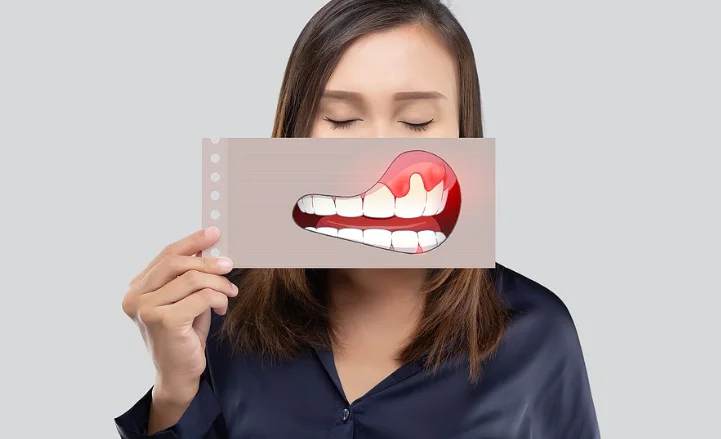
Which are the Factors that Can Cause Oral Cancer?
Oral cancer can be developed when cells in the lips or mouth undergo several changes (mutations) in their DNA. The DNA of a cell contains instructions which show the cell what to do exactly. Mutations show cells to continue the growing process and then divide when healthy cells die. The accumulation of abnormal cancer cells in the mouth can form a tumor. Gradually, as time passes, the tumor can spread into the mouth as well as other areas of the head and neck.
Nearly all oral cancers start in the flat, thin cells (squamous cells) which are located in the area of your oral cavity. Therefore, almost all oral cancers are squamous cell carcinomas.
Although, it is not clear what causes the mutations in squamous cells that lead to oral cancer. However, scientists have identified several factors that increase the risk of carcinogenesis.
The main causes of oral cancer, include:
- Tobacco use – smoking cigarettes, cigars, pipes as well as using chewing tobacco
- Alcohol consumption
Other factors that might also cause oral cancer, are:
- Human papillomavirus (HPV) infection
- Excessive sun exposure on the lips
The incidence of oral cancers in people without recognized risk factors is increasing.
What are the Risk Factors of Oral Cancer?
There are several factors that can be the cause of oral cancer. Those risk factors, include:
- Use of tobacco of all kinds, including cigarettes, cigars, chewing tobacco and tobacco
- Heavy alcohol use
- Excessive exposure of your lips to the sun
- A sexually transmitted virus called the human papillomavirus (HPV)
- A weakened immune system

Diagnosis and Examination
The diagnosis of oral cancer is preceded by clinical examination from the competent doctor along with a biopsy. If the doctor detects something, then the patient is referred for further clinical as well as laboratory examination which includes histological examination along with a biopsy.
If cancer is detected in the mouth, the patient is further screened for the possibility of metastasis to other parts of the body. X-rays, ultrasound and palpation of lymph nodes are commonly recommended.
What is the Treatment for Oral Cancer?
Oral cancer therapeutic treatment alternatives include surgery, radiotherapy as well as chemotherapy. You might be in need of just one of those kinds of treatment, or you might be in need of a combination of those treatments. However, recommendations are commonly made after the consultation between the interdisciplinary staff of oncologists and a speech pathologist.
Surgery
Oral cancer surgery involves several surgical techniques, varying on the location, size and extent of the cancer. Surgery might be needed in order to remove the cancer from your mouth, as well as to repair (reconstruct) your mouth after the cancer has been removed. You might also be in need of a surgery in order to remove lymph nodes from your throat if there is concern that the cancer might have spread there.
Radiotherapy
Radiation therapy utilizes high-energy rays which destroy cancer cells and at the same time prevent the disease from spreading. Radiation therapy is very localized and only targets the area where the cancer is located. This treatment is commonly administered externally with a machine, but can be administered internally with radioactive materials and equipment.
Chemotherapy
Chemotherapy utilizes drugs that pass all over the body in order to kill cancer cells. Chemotherapy can be provided on its own, or it can be utilized in combination with surgery or radiation therapy.
Immunotherapy
Immunotherapy utilizes drugs that assist the human body’s immune system fight cancer. It can be provided to people with advanced oral cancer who do not respond to standard treatments.
Targeted therapies
For several patients, drugs and medications that target specific cancer cells are an alternative option. An illustration of this is cetuximab, which targets epidermal growth factor receptors.
However, the doctor will determine your required treatment based on the following factors:
- Age, overall health and medical history
- Sign, size and extent of the cancer
- Tolerance of your body to specific drugs and procedures
- Expectations for the course of the disease

What is the Prevention of Oral Cancer?
There is still no way that proves how to prevent oral cancer. However, you can reduce the risk of experiencing oral cancer, if you follow the subsequent tips:
- Stop using tobacco or it would be better not to start it at all. – If you do not use tobacco, then do not make the mistake of starting it! Using tobacco exposes your mouth and not just in dangerous carcinogenic chemicals.
- Remember to drink alcohol only in moderation, and if not in moderation do not drink alcohol at all. – Chronic excessive alcohol consumption can irritate the cells in your mouth, making them vulnerable to oral cancer. If you choose to drink alcohol then you must definitely do it in moderation. For healthy adults, this means up to one drink a day for women of all ages and men over the age of 65 and up to two drinks a day for men that are at the age of 65 and under.
- Avoid excessive sun exposure on your lips. – Protect the skin on your lips from the sun by staying in the shade as much as possible. Wear a wide-brimmed hat that efficiently shadows your entire face, including your mouth. Remember to apply sunscreen to your lips as part of your sunscreen.
- Visit your dentist regularly. – As part of a routine dental checkup examination, ask your dentist to inspect your entire mouth for abnormal areas that might indicate oral cancer or precancerous changes.
Oral Cancer and Diet
Patients who suffer from oral cancer and undergo chemotherapy or radiotherapy must follow a very specific diet in order to improve their oral cancer. This diet aims to strengthen the human body’s defense system and improve the quality of the patient’s lifestyle.
The diet recommended by dietitians aims to address the weight loss which is often met in patients who suffer from cancer along with the side effects of the cancer treatments. In addition, in cases where patients have gained weight during the process of chemotherapy due to hormone-dependent cancer, such as breast cancer, it is recommended to follow a diet in order to strengthen the immune system and to lose weight.

In the general rule of things, are applied the following nutritional advices:
Prohibited foods
- Sugar
- Alcohol
- Processed foods
- Sushi
- Roquefort cheese
Foods that strengthen the body’s defenses and are allowed to consume
- Avocado
- Nuts
- Olive oil
- Linseed
- Turmeric
It is essential to consult a specialized and professional dietitian in order to benefit from the best possible nutritional plan which should be undoubtedly based on your diet, medical and dental history.
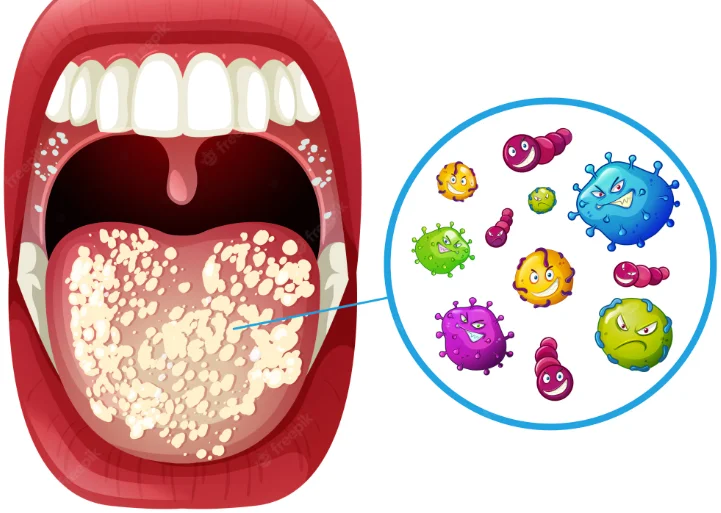
To Conclude
If you are in need of a more thorough and clear opinion along with an efficient solution to the issue that it concerns you, then the best thing for you is to consult a professional doctor and dentist. At Trio Dental Center you can find specialized and well-trained dentists which will also suggest you well-prepared doctors and who in the end, both together will provide you the most suitable treatment which will be customized for your needs and requirements. Trust Trio Dent and we assure you that you will be in good hands.


